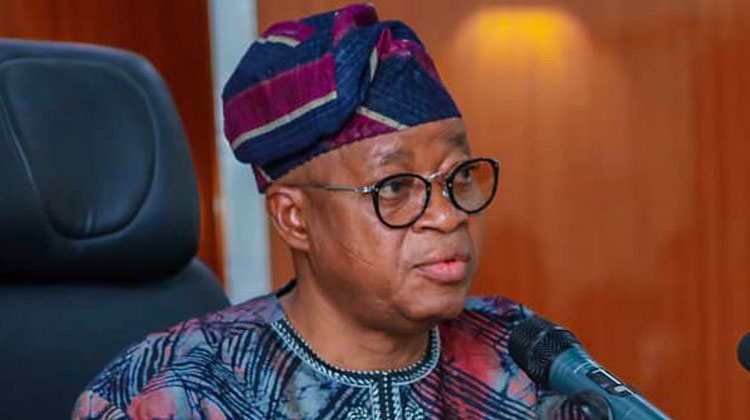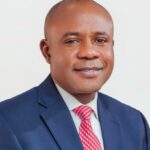
Oyetola, however, noted that plans are on to launch a road map for the marine and blue economy sectors with a focus on developing Nigeria into a hub of maritime trade and ancillary services in Africa.
The minister spoke as a panel discussant at the 29th session of the Nigeria Economic Summit Group, with the theme, “Pathways to Sustainable Economic Transformation and Inclusion”, according to a statement signed by the ministry’s Director of Press and Public Relations, Olujimi Oyetomi,
He explained that charting a policy agenda for the sector is critical to transforming the sector into the best in class, regionally and internationally.
“We understand the critical role the maritime sector plays in enabling business in an import dependent economy, such as ours, it is imperative that we move more quickly towards improving the navigability of our waters, engage the draught of our ports, achieve 24-hour cargo clearance, and ensure adequate connectivity of our ports to hinterlands with efficient road and rail networks,” Oyetola pointed out.
Projecting the ministry’s policy direction in the next four years, he said “It is imperative, having identified these inhibitors, to work towards improving the navigability of our waters, engage the draught of our ports, achieve 24-hour cargo clearance, and ensure adequate connectivity of our ports to hinterlands with efficient road and rail network creation.
“We seek to Introduce new business models that can ultimately develop our capabilities and ensure the continual dredging of our inland waterways.”
He added that his resolve is to get the presidential endorsement of the use of scanners in port operations in the country.
According to him, all over the world, seaports have gone digital, and digitalisation is mainly used to drive efficiency and remove human contacts that are usually very slow and breed corruption.





